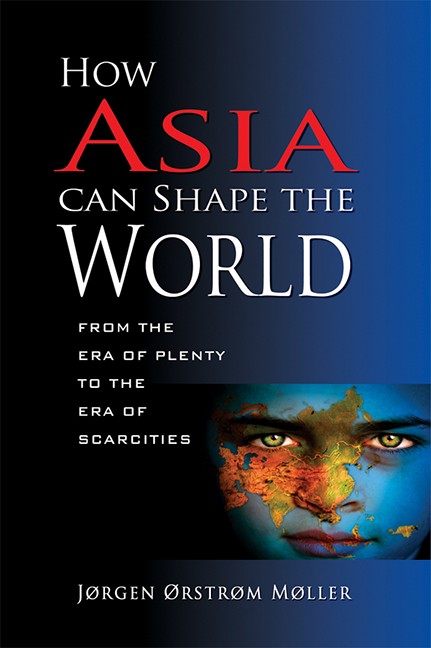Summary
Foreign and security policies have changed over the years and their main challenges in the years to come will be attempts to disrupt the well functioning of societies.
Many of the threats towards nation states and societies will come from within them through social unrest, possibly triggered by inequalities, repercussions on the social fabric of the coming era of scarcities, or perhaps natural or environmental disasters.
Globalization brings about some of these threats that warrant speaking of threats to and from globalization. Global developments penetrate the conventional cultural defence perimeters in the form of languages and cultural behaviour, and confronts individuals, groups, and society with new norms and ethics.
Failed states, of which there are a growing number, and can be expected to grow further, pose a threat to globalization and may destabilize adjacent nation states through emigration, pandemics, and other developments which may not have destabilization as their purpose, but actually end up having this effect.
Organized crime, which may soon be stronger than nation states and/or corporations, exploits the opportunities offered by globalization to run rings around national police efforts and undermine social capital by offering a life inside their caucus, which for some people, may look better than life inside the social fabric of the nation state.
Therefore the main defence is to build up strong social capital among citizens that constitutes a bulwark against such attacks. The stronger the social fabric is and the more people adhere to common and shared values, the more difficult it will be to break up society by various forms of attacks. Wars and/or armed conflicts move from being between nation states or between peoples, to being among people aiming to conquer hearts and minds. Societal policies become, by definition, a part of the defence effort, much more than conventional military policy, designed primarily to defend a nation state against an armed attack to possess territory.
The conventional and well-known threats emanating from foreign and security policies do not go away, but may be less of a threat in the future. One of the most prominent among these threats is the competition for water, with the Tibetan plateau, which is of vital importance for both China and India, probably emerging as the most difficult one to solve.
- Type
- Chapter
- Information
- How Asia Can Shape the WorldFrom the Era of Plenty to the Era of Scarcities, pp. 400 - 469Publisher: ISEAS–Yusof Ishak InstitutePrint publication year: 2010



